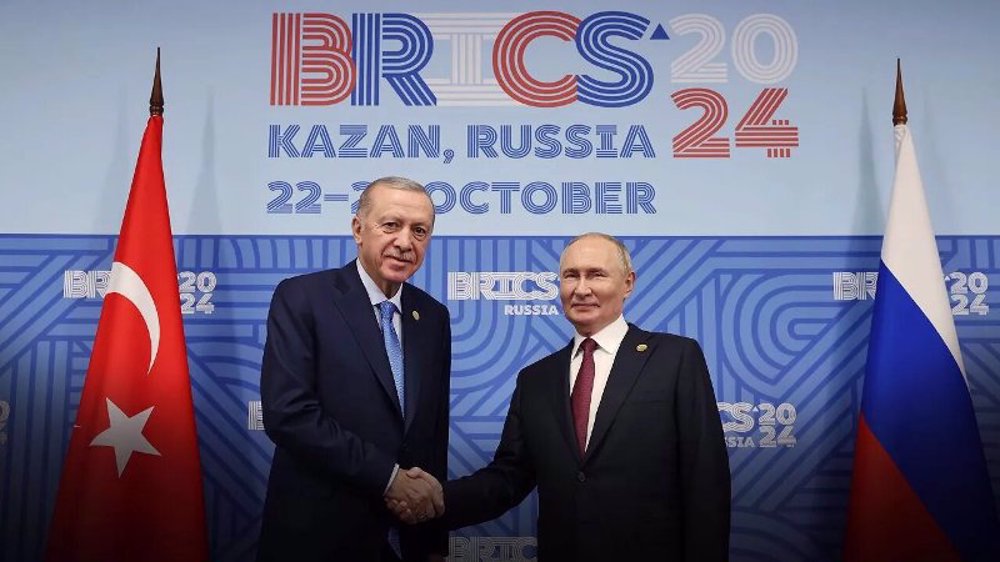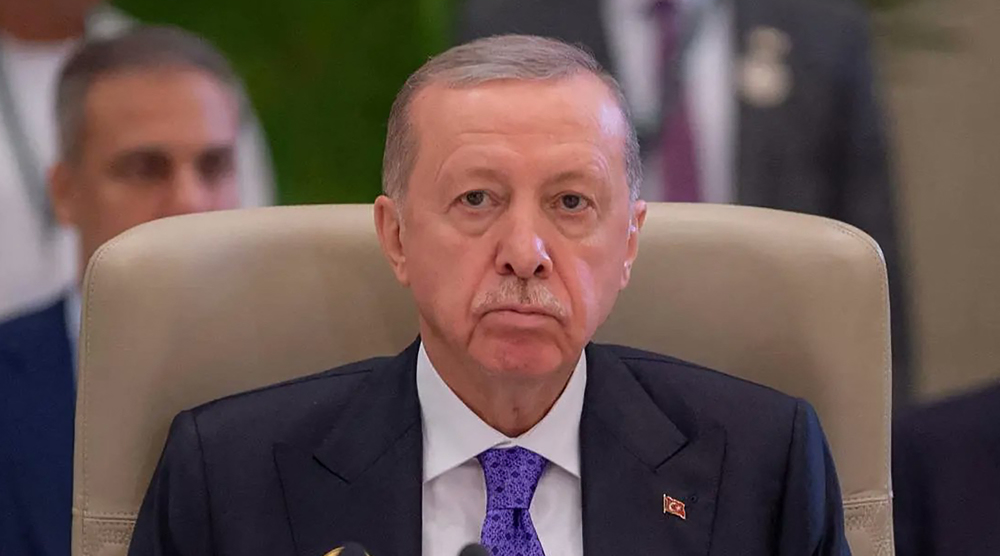Turkey to open new crossing with Iraq in response to Kurdish vote: Yildirim
Turkish Prime Minister Binali Yildirim says Ankara intends to open a new border crossing with Iraq in cooperation with the central government in Baghdad after the Anatolian country closed the existing crossing in response to last week’s controversial referendum on independence in Iraq's Kurdistan region.
“We have proposed opening the new Ovakoy gate, west of the currently used Habur gate, to Baghdad and we are expecting their support. We will be happy to discuss this with (Iraqi Prime Minister Haider) al-Abadi,” the Turkish prime minister said at a press conference on Friday.
Yildirim added that his Iraqi counterpart had officially invited him to Baghdad to discuss regional issues, particularly the independence plebiscite the Kurdistan Regional Government (KRG) held on September 25 despite fierce opposition from Baghdad and regional countries, including Iran and Turkey.
The Turkish prime minister further said that Ankara sought to “improve” its relations with the Iraqi central government, and wanted comprehensive cooperation with Baghdad on economy, defense and security issues. However, he added that “the context and the date of the visit will be determined later.”
On the day of the so-called referendum, Turkish President Recep Tayyip Erdogan said his country would seal the Habur border crossing, Turkey’s sole land border with the Arab country and the KRG’s main gateway to the world.
On Thursday, the Turkish leader reiterated that Ankara would “soon” shut its border and airspace to the KRG. “Flights to northern Iraq have already been suspended, the airspace and borders will also close soon,” he said in a televised speech in the Turkish capital.
Earlier on Thursday, Erdogan had told reporters that Turkey would decide jointly with Iran and the central government in Baghdad whether to cut oil exports from the Iraqi Kurdistan.
On Wednesday, Erdogan held meetings with Iranian officials in Tehran. In a joint press conference with Iranian President Hassan Rouhani, Erdogan warned that Turkey would take stronger steps in response to the Kurdish referendum.
Iran, for its part, has announced that it is opposed to the “unilateral” scheme for the independence of the Iraqi Kurdistan, underlining the importance of maintaining the integrity and stability of Iraq and insisting that the Kurdistan region is part of the majority Arab country.
A day before the secession vote, Iran also closed its airspace to all flights to and from the Kurdish region at the request of the Iraqi government.
Baghdad says the vote was illegal while the international community described any move by the region to secede from Iraq as destabilizing. Israel has, however, voiced its full support for Kurdistan’s secession from Iraq.
Iran to launch ‘new, advanced’ centrifuges in response to IAEA resolution: AEOI
Yemen fires hypersonic missile at Israeli airbase
VIDEO | New Delhi chokes under toxic smog as air quality remains at hazardous levels
VIDEO | Press TV's news headlines
VIDEO | ICC's arrest warrant for Netanyahu to worry Western politicians: Former British diplomat
Iranians protest against Israel after Netanyahu ICC warrant
Germany undecided on complying with ICC arrest warrants for Israeli war criminals
VIDEO | Former FBI agent criticizes US Congress for 'outright corruption'















 This makes it easy to access the Press TV website
This makes it easy to access the Press TV website